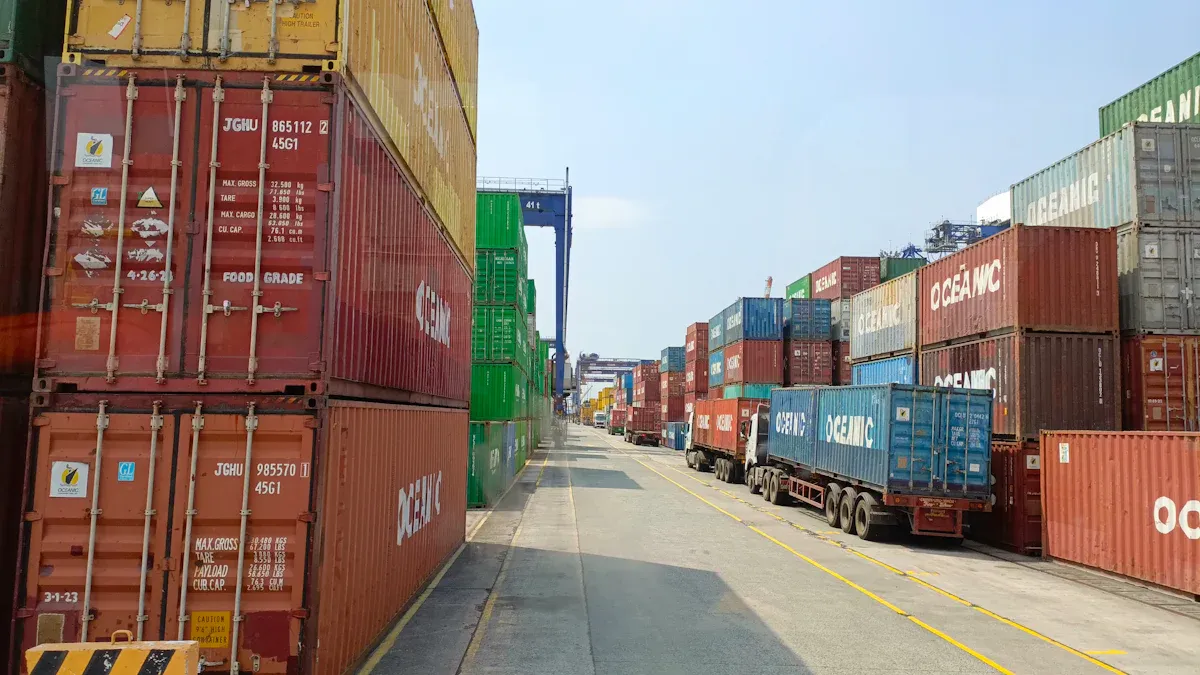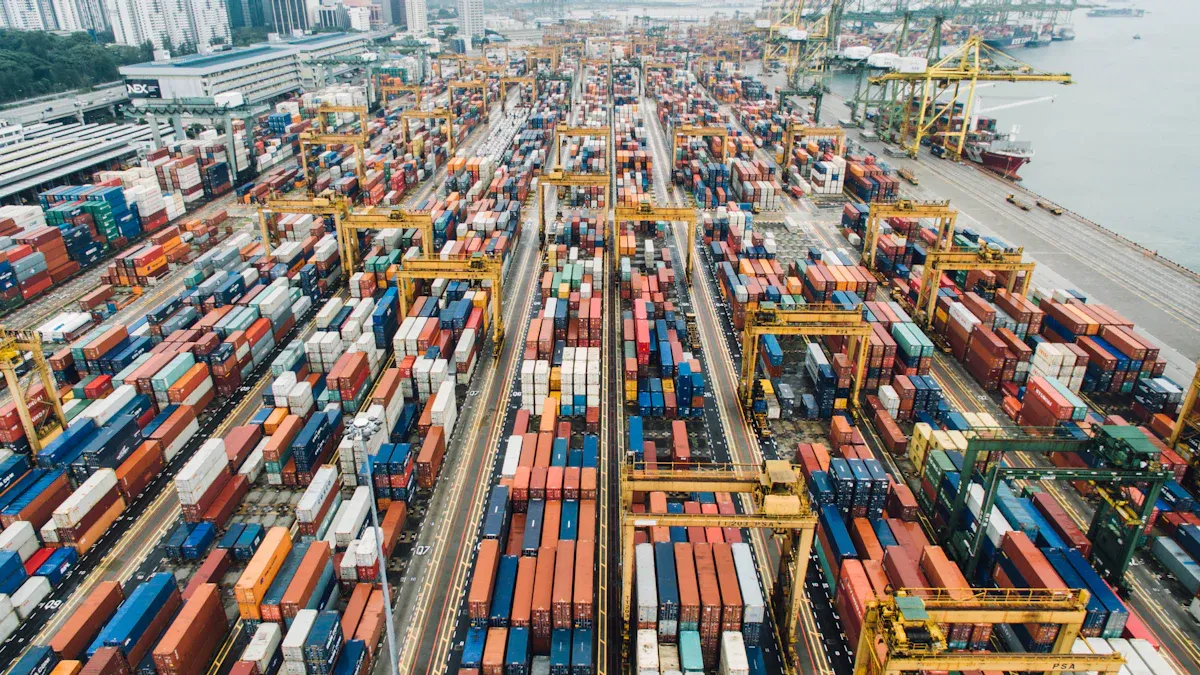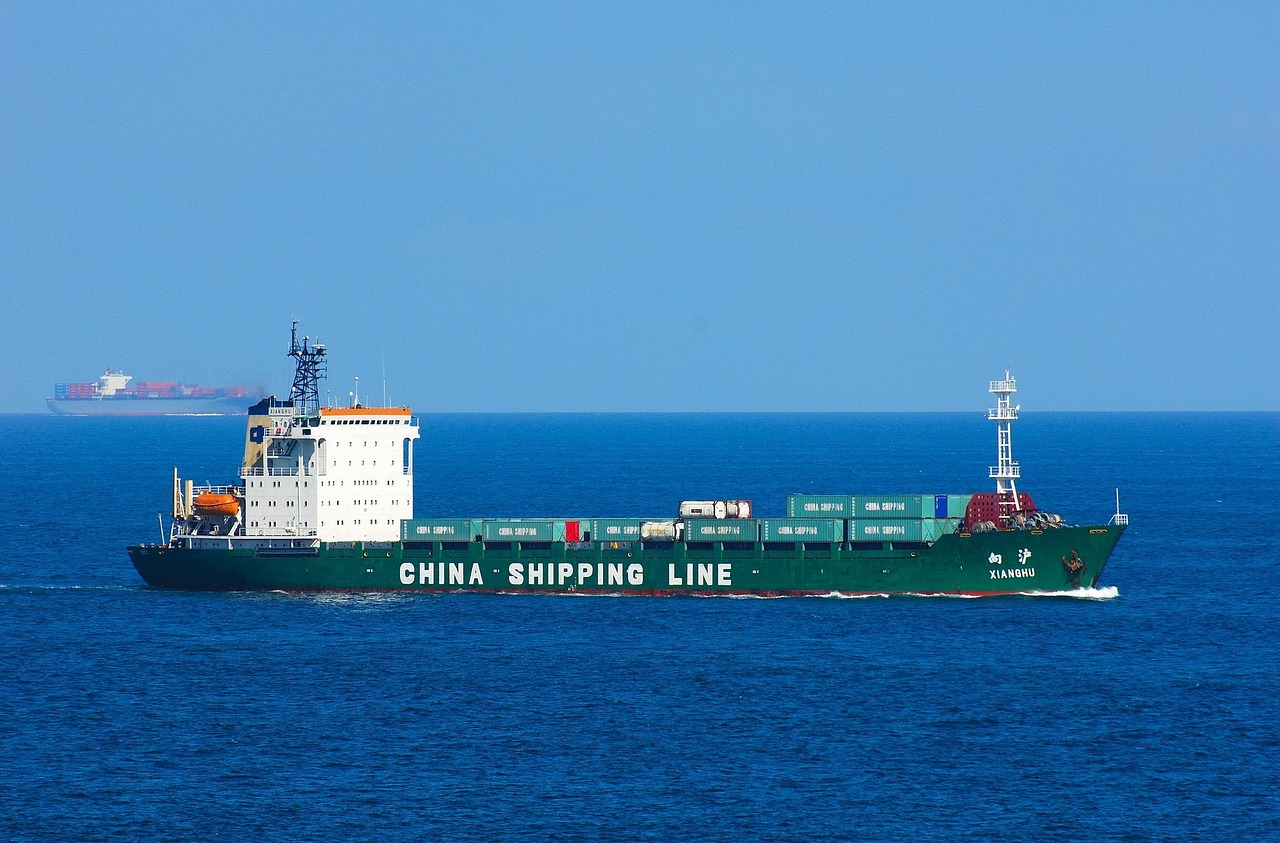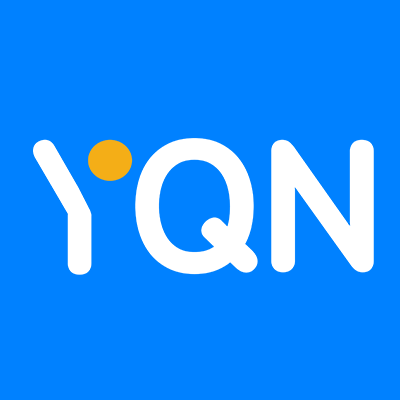How to Avoid Demurrage Charges: Best Practices for Timely Cargo Pickup

Demurrage charges are incurred when cargo stays at the terminal beyond the allotted free time, while detention fees are associated with the late return of containers.
These delays can result in costs ranging from $50 to $100 per hour, with 4.9% of stops lasting longer than four hours. By avoiding these demurrage charges, businesses can improve cost efficiency, reduce claims by 97%, and enhance warehouse performance by 75%.
YQN logistics will help you understand these charges and how to avoid them.
Understanding Demurrage and Detention Charges
Demurrage Meanning and Detention Charges?
Demurrage applies when containers remain at the terminal beyond the free time for demurrage, typically ranging from 3 to 7 days. Detention charges occur when containers are not returned within the free time for detention, which usually spans 5 to 14 days. These fees are calculated based on daily rates multiplied by the number of overdue days and containers.
Demurrage VS Detention
Charge Type | Calculation Formula | Free Time Range |
|---|---|---|
Demurrage | Demurrage = daily rate × number of days overdue × number of containers | Usually 3-7 days |
Detention | Detention fee = daily rate × number of days overdue × number of containers | Usually 5-14 days |
Common Causes of Demurrage
Several factors contribute to demurrage charges, many of which stem from logistical inefficiencies:
Delayed pickup: Failing to collect cargo within the specified time leads to stranded containers.
Customs clearance or documentation issues: Incomplete paperwork or inspection delays prevent timely cargo retrieval.
Loading and unloading delays: Equipment failures or insufficient personnel slow operations.
Poor logistics coordination: Traffic jams or unreasonable transportation arrangements result in stranded goods.
Insufficient storage space: Limited storage capacity at the destination causes delays in unloading.
Inappropriate inventory management: Poor planning leaves cargo stuck at ports or storage yards.
By addressing these common causes of demurrage charges, you can minimize risks and improve operational efficiency.
Essential Tips to Avoid Demurrage and Detention
1. Optimize Documentation and Customs Clearance
Prepare in Advance: Ensure bills of lading (B/L), commercial invoices, and packing lists are error-free.
Leverage Digital Tools: Companies using automated documentation systems reduce processing times by 40%.
Partner with Brokers: Experts mitigate clearance delays and resolve regulatory hurdles.
2. Monitor Free Time Closely
Track key deadlines using real-time tracking platforms (e.g., YQN platform, CargoSmart).
You should monitor the free time provided by shipping companies and ensure that cargo pickup and container returns occur within this period.
3. Adopt Technology-Driven Logistics
AI Route Optimization: Tools like Flexport or YQN tracking predict traffic, weather, and port congestion to adjust schedules.
IoT-Enabled Tracking: Sensors provide live updates on container locations and conditions.
Additionally, maintaining open communication with logistics providers keeps you informed about the status of your cargo and helps you make reasonable arrangements for picking up shipments.
Reliable providers like YQN Logistics offer flexible transport options and longer free times, giving you more room to manage shipments effectively. Our expertise in planning fast customs clearance and handling documentation ensures that your cargo moves smoothly through the supply chain.
Strategies for Timely Cargo Pickup

1. Smart Container Management
Group Shipments: Consolidate loads to reduce per-unit costs and simplify tracking.
Pre-Stage Resources: Ensure trucks, chassis, and labor are ready before cargo arrival.
2. Proactive Communication
Share schedules with all stakeholders (carriers, terminals, warehouses).
Use platforms like SeaRates or Track-Trace for multi-carrier visibility.
3. Financial Safeguards
Include penalty fees clauses in contracts with logistics partners.
Budget for contingencies (e.g., 10–15% buffer for unexpected delays).
By implementing best practices, such as leveraging technology and optimizing customs clearance, you can ensure timely cargo pickup and reduce unnecessary expenses. Strategic cargo management also leads to significant cost savings. For example:
Evidence Description | Impact on Cost Savings |
|---|---|
Smart route planning minimizes delays by predicting traffic patterns and weather disruptions. | Reduces transportation time and costs. |
Grouping shipments together maximizes space utilization and lowers per-unit shipping costs. | Decreases overall transportation expenses. |
Partnering with reliable providers like YQN Logistics ensures smooth handling of your goods. For a free consultation, welcome to contact info@yqn.com.
FAQ
What is the best way to avoid delays when importing goods?
You should prepare accurate documentation and partner with experienced customs brokers. This ensures smooth customs clearance and prevents unnecessary delays during the importing process.
How can technology improve the efficiency of importing?
Real-time tracking systems and AI-driven logistics platforms optimize shipment schedules. These tools help you avoid delays and reduce costs when importing goods.

Shipping with YQN - Global Logistics at Your Fingertips
YQN has established subsidiaries worldwide, covering North America, Latin America, Southeast Asia, and the Middle East. We have partnered with 300+ top shipping and airline companies and have access to 3500+ high-quality supplier resources. YQN also has a professional customer service and fulfillment team of over 500 people to provide more worry-free and efficient international logistics services.
Contact Us
You can also email us at info@yqn.com.

